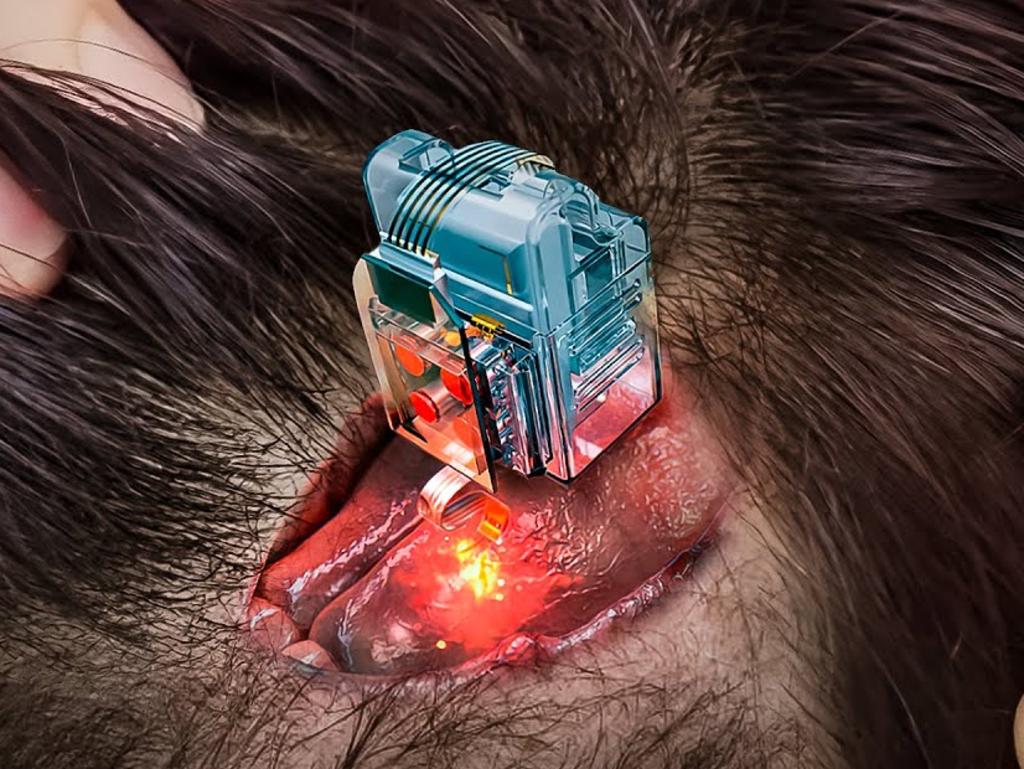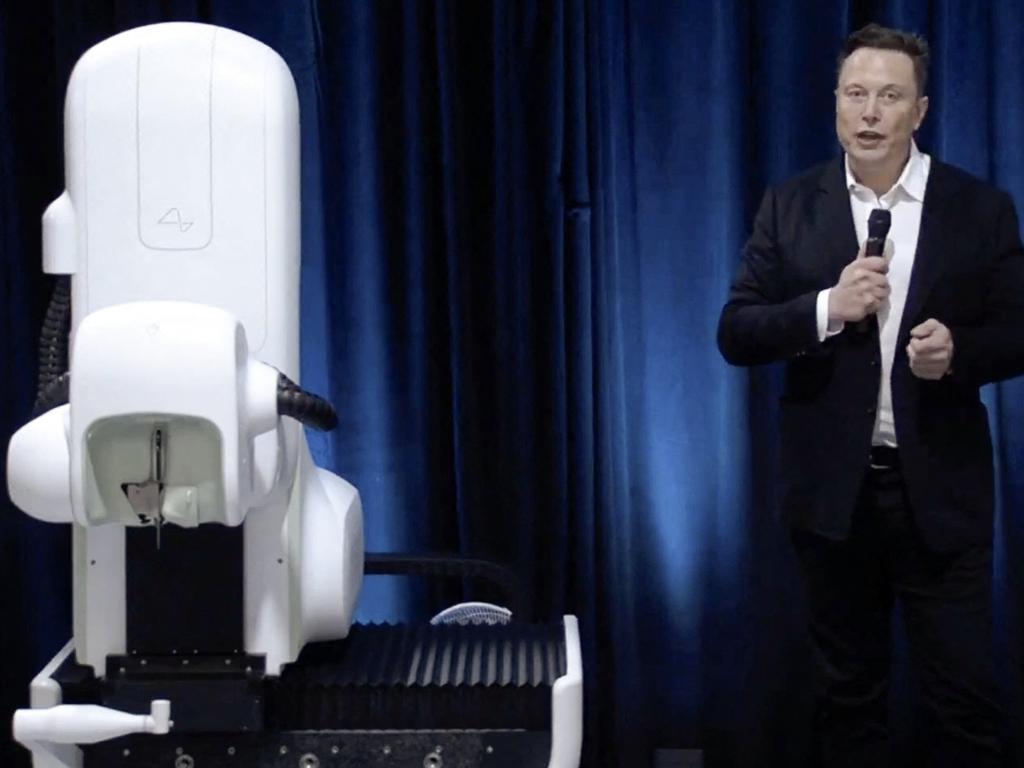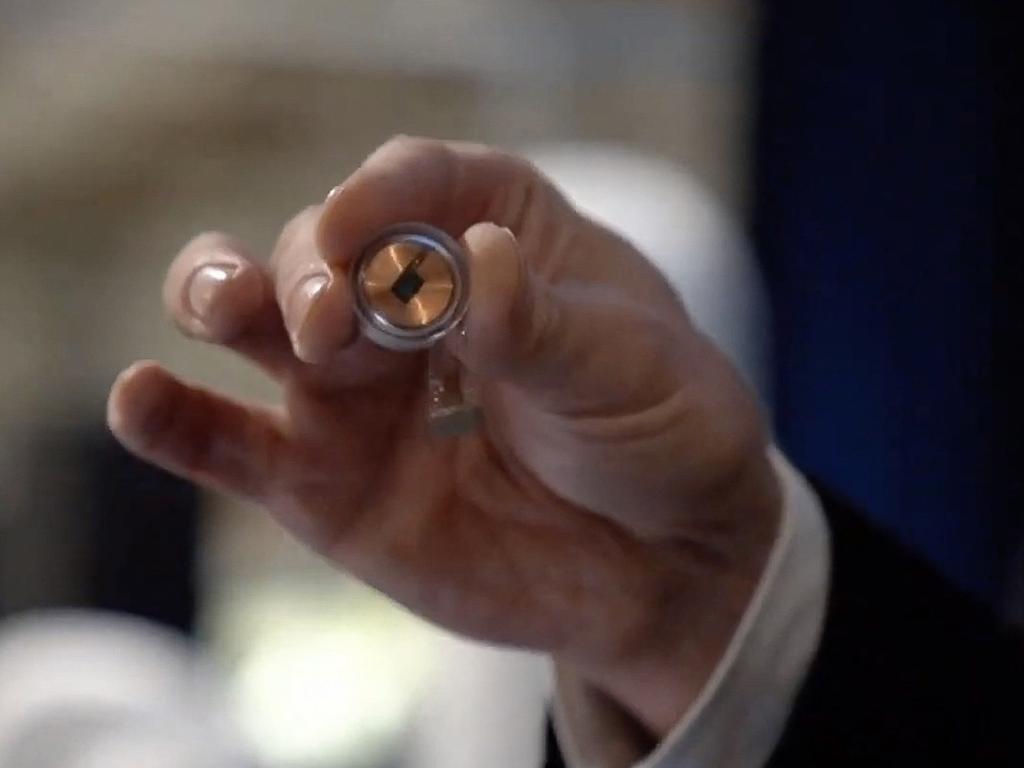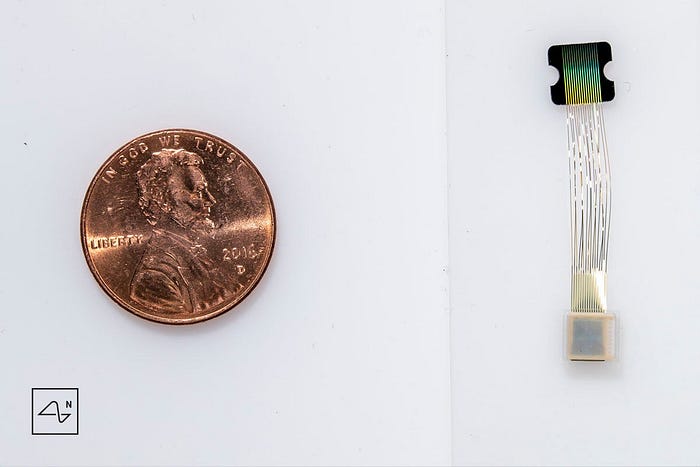
The Russian president has a warrant out for his arrest issued by the International Criminal Court in The Hague.
Frank Hofmann
May 25, 2023
Suddenly, there he sat: Ratko Mladic was brought before the court in the Dutch city of The Hague in mid-2011 after more than a decade on the run. The Bosnian-Serb ex-general was to be found guilty of orchestrating the siege of Sarajevo and the massacre in Srebrenica of more than 8,000 Bosnian boys and men in July 1995, during the war in Bosnia-Herzegovina.
The tribunal he appeared before was founded 30 years ago via UN Resolution 827, on May 25, 1993. It concluded its last criminal case in 2017, by when, of the 161 people indicted, 84 were sentenced, including Mladic.
He sat, separated from the small public gallery of the International Criminal Tribunal for the former Yugoslavia (ICTY) only by a panel of bulletproof glass. From there, his every emotion could be watched by the founders of the Mothers of Srebrenica, an association of women whose husbands and sons had been murdered by Mladic's Bosnian-Serbian soldiers.
They and other relatives of the victims kept coming to The Hague: whether it was for the trial against Mladic or against the former president of the Bosnian Serb entity of Republika Srpska, Radovan Karadzic, or the former president of Serbia, Slobodan Milosevic, who faced the court from 2002 until his death in trial detention in 2006.

Victims and perpetrators
The confrontation between victims — either in the public gallery or as witnesses — with the accused was at the core of the International Criminal Tribunal's legal proceedings, which dealt with the crimes committed during the wars in the former Yugoslavia between 1991 and 1995.
"It was a welcome surprise to see how many people who, for example experienced sex crimes, women and men, were prepared to answer questions so precisely in the faraway Hague," German judge Wolfgang Schomburg told DW. "And it was probably a relief for those who could testify to be able to look the … perpetrator in the eye."
The same experiences applied to the International Criminal Tribunal for Rwanda (ICTI), which was founded a year later and convicted 62 perpetrators for the Hutu genocide against the Tutsi in 1994, during which up to a million people were killed
Pioneers of international jurisprudence
Schomburg was the first German judge on the ICTY, and also sat on the Rwanda tribunal. He emphasized how important the two ad hoc tribunals established three decades ago were in setting up the International Criminal Court (ICC), now also based in The Hague.
The ICC recently issued an arrest warrant for Russian President Vladimir Putin for the suspected abduction of Ukrainian children. "Everything the ICC does would not have been possible without the groundwork laid by these two tribunals," Schomburg said. "Both ad hoc tribunals showed that it is possible, if there is political will, to hold the most powerful to account, including presidents and leaders of a country or region."
'Putin is an internationally wanted war criminal'
That also applies to Putin, said Schomburg: "The evidence seems, in relation to the abduction of children, solid."
But he also thinks that there is enough evidence of even greater crimes: "The Russian invasion of Ukraine is about wiping out a political or ethnic group and destroying an entire people or an entire nation," he said. "I see an overwhelming body of evidence, based on public statements already known to all of us, on the question of whether Russian leaders can be held to account for planned genocide or the eradication of Ukraine."
Schomburg believes that the arrest warrant issued by British ICC Chief Prosecutor Karim Khan is already having an effect: "The fact that Putin has hardly left the country and only appeared virtually. Also, the many declarations from Moscow that an arrest warrant means nothing and that they are now even working on issuing retaliatory arrest warrants against Khan and other judges who issued the arrest warrant."
"On the basis of an arrest warrant issued by an independent judge from a global association, anyone can now say that Mr. Putin is an internationally wanted war criminal," Schomburg said.

But the question of whether the ICC should take over the legal proceedings of Russia's war against Ukraine is still highly controversial.
To date, neither the US nor Russia has signed the court's charter, and among the critics of the ICC is also Latvian Justice Minister Inese Libina-Egnere.
She has called for a special tribunal for Ukraine, without the involvement of the international lawyers in The Hague. "We are now at a point that everyone understands that we need it, but we still have more discussions and agreement on how to do it, and I am more than positive that we will come to this," she said.
Her reasoning is that international support for the ICC's accusations against the Russian leadership remains weak, especially for its main charge: that the invasion of Ukraine violates international law. Even "of the 130 member states of the ICC, only a few, about 45, have ratified the extension of Article 8 [of the Rome Statute], the criminal offense of aggression," German parliamentarian Boris Mijatovic told DW.
That is partly down to the United States: Washington has always rejected jurisdiction, partly for fear that the 2003 war against Iraq could also have ended up being litigated in The Hague. Instead, Mijatovic wants changes to the Rome Statute that regulates the work of the ICC. "We should amend international criminal law again so that it is sufficient that the country being attacked is a member of the Rome Statute, and the aggressor does not also have to be."
Schomburg believes that such discussions about the Ukraine tribunal only "put obstacles in the way of the ICC." But he is convinced that the court has jurisdiction and that the political will is there, partly because countries of the Global South, many of which support the ICC, do not want to fund an alternative court, Schomburg said.
He believes that Putin or Russian Foreign Minister Sergey Lavrov will also take their seats in The Hague one day. "It will happen, as with other leaders we have held accountable at the ICTY and the Rwanda Tribunal," Schomburg said. "They will end up before the court."
This article was originally written in German.





















